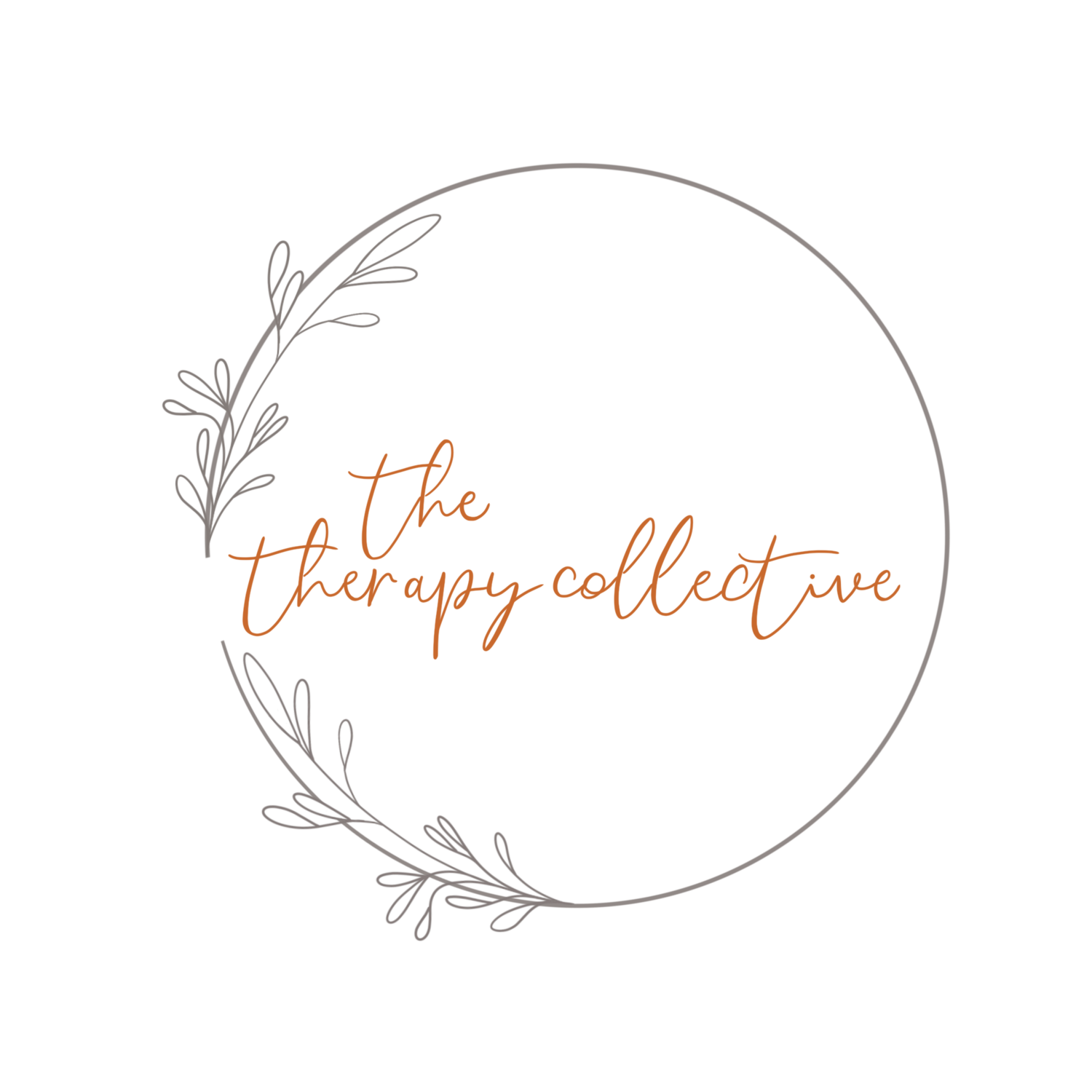Breaking Down Therapy What Ifs
Making the decision to begin therapy can bring up a lot of fears. I know this because I have felt anxious every single time I have entered my own personal therapy (and I’m a therapist!)
Trusting someone to enter into your inner world, and hold space for your heavy emotions and insecurities is a big deal. So it’s totally normal to feel apprehensive about it. Below are some common “what ifs” that come up when people are on the fence about beginning therapy. My goal with this post is to acknowledge some common fears that you may be experiencing, validate them, and encourage you to act on your desire for self-care by entering therapy, even though you may feel afraid.
Common Therapy What Ifs
no. 1: What if they judge me?
Of course this fear would come up when sharing your story with another human being. If you’re a person who is used to carrying big emotions on your own, it can feel especially intimidating to process them out loud with a stranger. If your inner-critic is anything like mine it is likely to say things like: “How could this person not judge you after you admit x,y,or z?”
The truth is, therapists go through specific training to practice with non-judgmental compassion. My number one goal with each of my clients is to create a therapeutic environment where they feel safe and understood. Therapy offers a confidential and empathetic space for you to be able to share whatever is showing up for you - no matter how shameful or embarrassing you think it might be. By acknowledging unhelpful beliefs and behaviors in the open, you can become more aware of what’s actually going on and they can have less power over you.
There is truly nothing off-limits to talk about in therapy. If you’re feeling especially anxious about being judged, I encourage you to bring this up to your therapist so that you can work through it together.
no. 2: What if I feel worse?
Another common fear that makes so much sense. Therapy can be really hard work and exploring painful emotions and memories can be overwhelming. Unpacking layers of hurt, anxiety, and shame can sometimes make you feel worse, but it is often a necessary stop on the path to better. The truth is, sometimes things do get worse before they get better. In therapy, this is often a part of the process. But it is only through creating space for difficult emotions that you can really begin to increase self-awareness and, ultimately, find more peace.
The good news is - this part of the process doesn’t last forever, It does get better as time goes on. If you make the courageous choice to stick with the process, you will learn new ways to practice self-compassion and make space for difficult thoughts and feelings so that they don’t run your life anymore. Therapists are taught to pay special attention to signals of distress and discomfort. I am intentional about checking in with my clients to monitor their window of tolerance for processing feelings so that I can take things at the pace that is best for them.
no. 3: What if I can’t think of anything to talk about?
I get it, you feel like you should definitely know what you want to talk about in therapy sessions and are worried about it being awkward if you don’t. I’ve found that if you can deal with the discomfort of silence, the words will often come on their own. Each therapy session doesn’t have to cover an intense topic to be effective. Usually, when clients don’t come prepared with things they want to address in session, it provides space and time for us to go deeper.
However, if you really find yourself at a loss for words, your therapist has techniques to help you dig deeper and find out what’s really going on. Maybe you’re overthinking things or maybe your brain simply needs time to process. Whatever the reason may be, sometimes the sessions that you worry will be boring end up being the most powerful.
no. 4: What if my problems aren’t “big” enough for therapy?
This is one of the many things our mind tells us to try to talk us out of seeking support and a big stigma when it comes to therapy. People often think that therapy is reserved only for those with severe mental health issues. This can cause people to feel like the things they struggle with aren’t “bad” enough to justify the help of a professional. No matter what is showing up for you, you are worthy of support. If something is causing you pain or holding you back, it is worthy of attending to. Nothing is too big or too small for therapy.
I hope these words brought some comfort, and encouraged you to begin the journey towards healing, self-discovery, and change. If you’re ready to begin, I would love to support you and currently have immediate openings for new clients (you can schedule a free 20-minute consultation here.) I sincerely look forward to hearing from you .
Be well,
Emily

